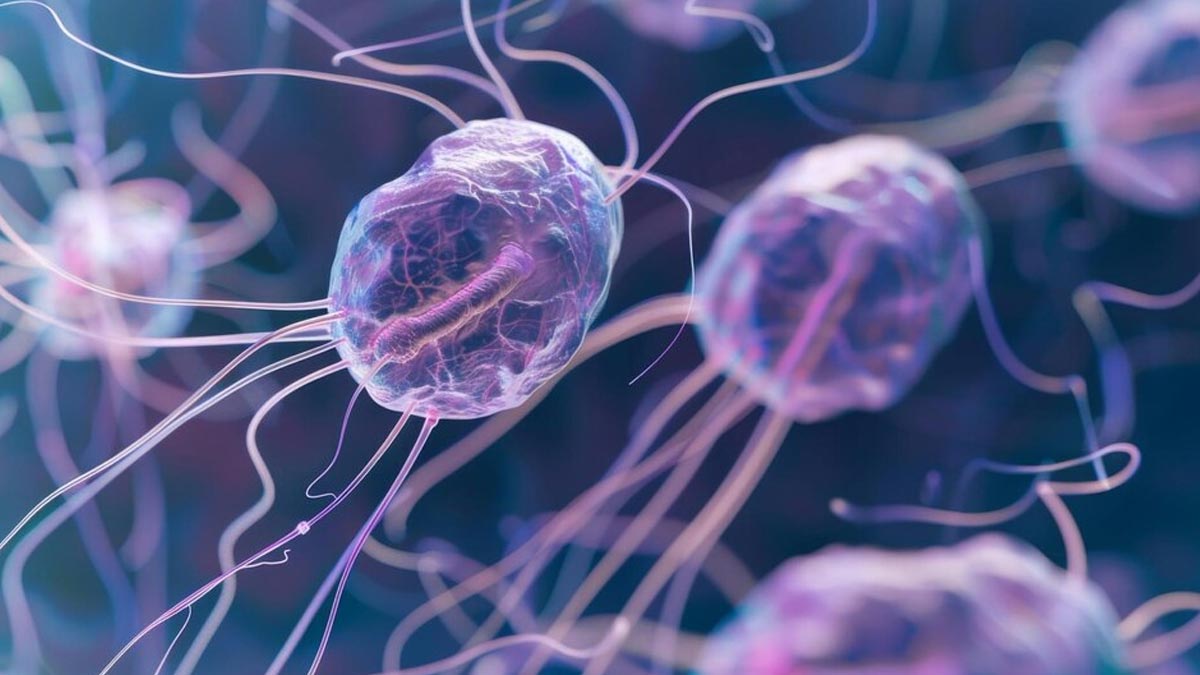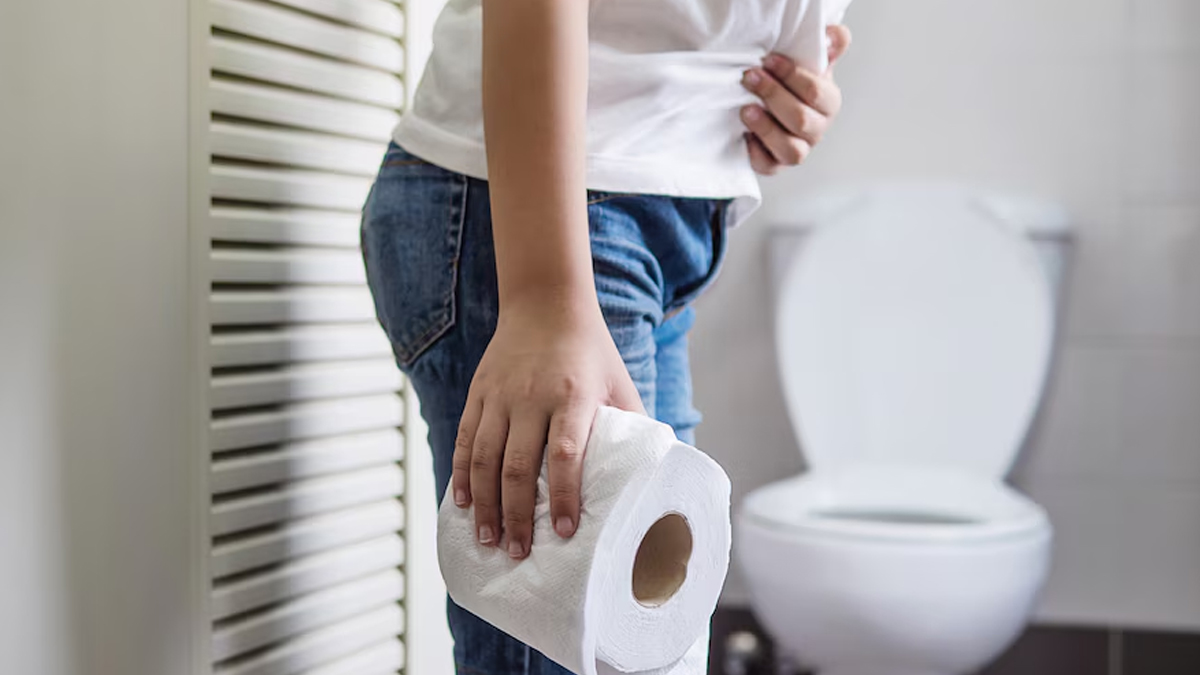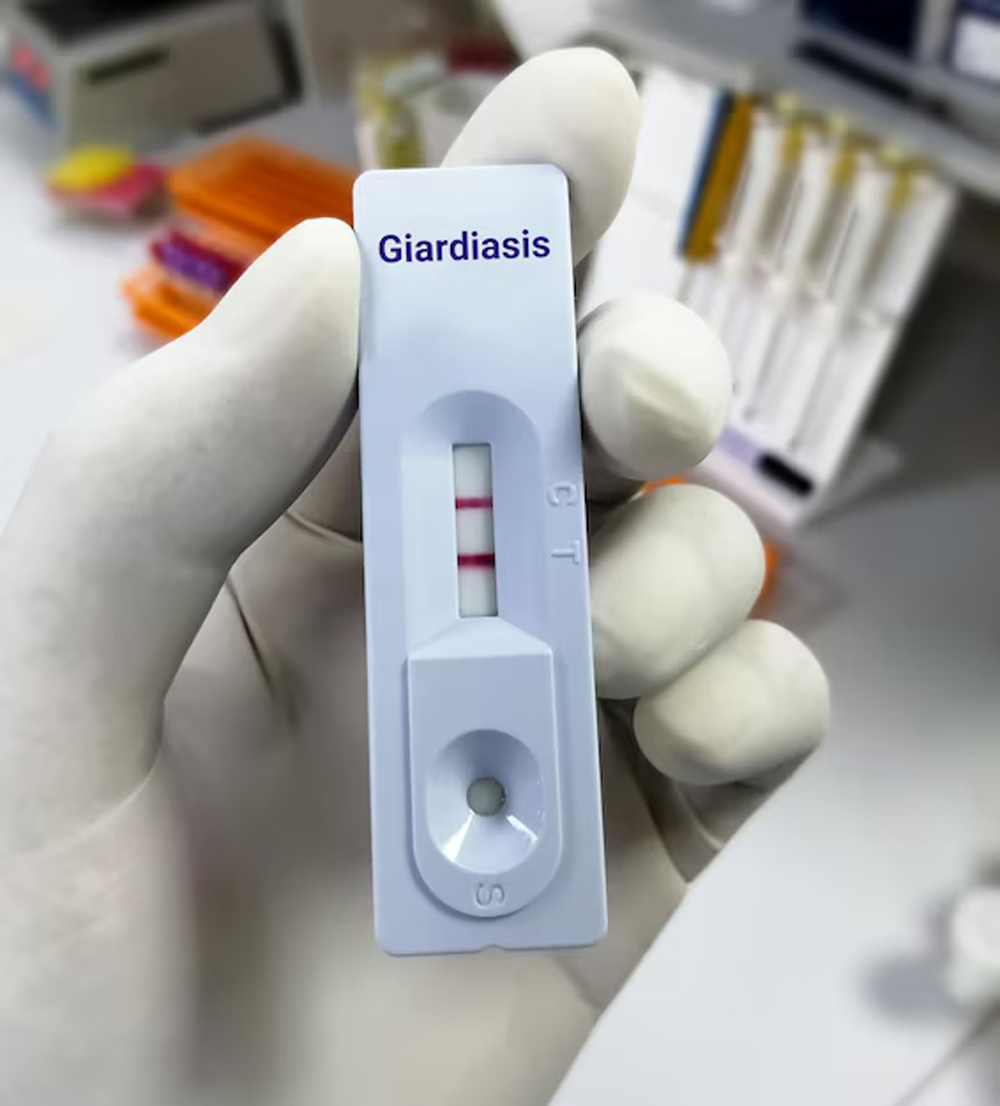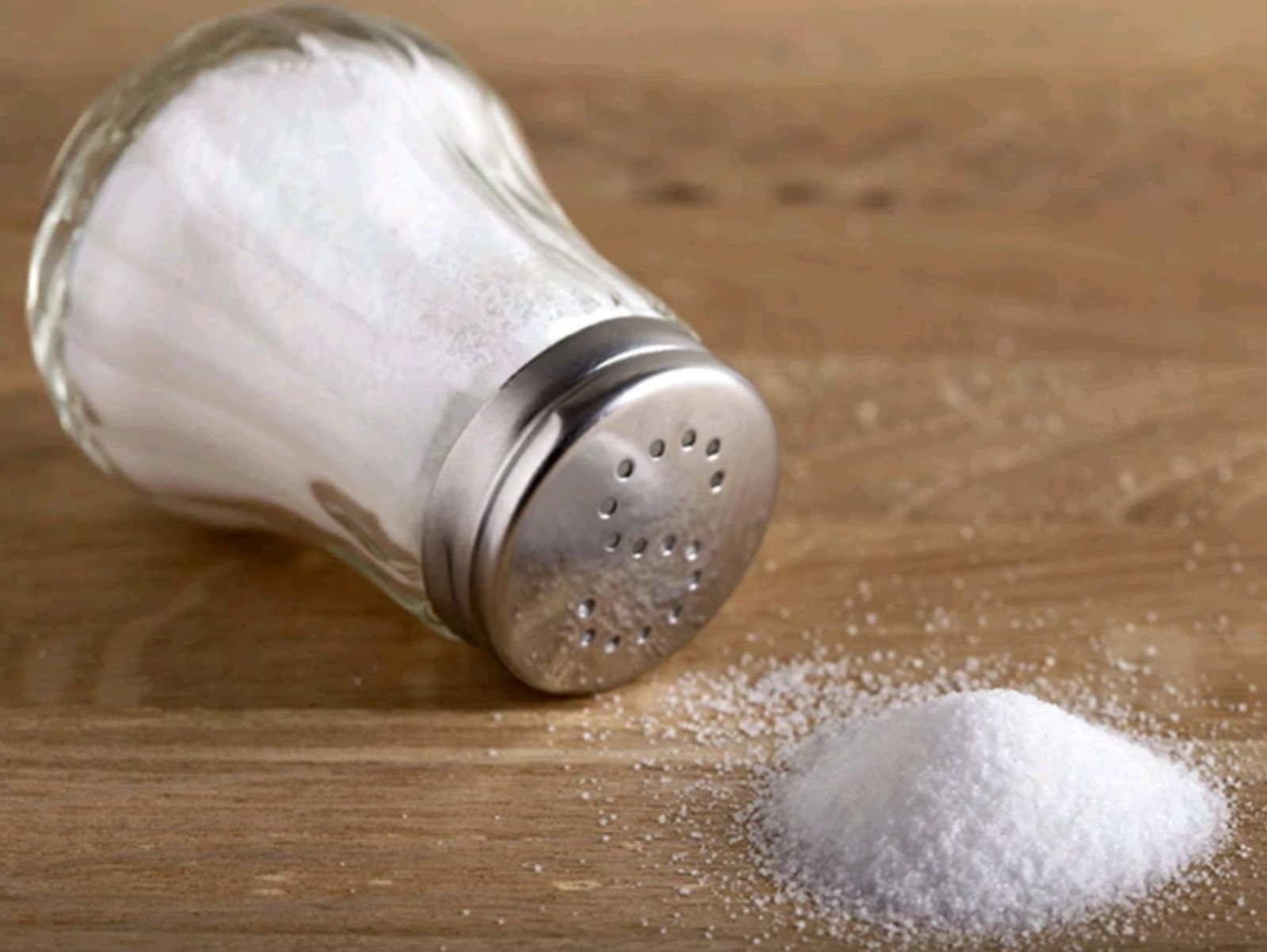HEALTH & LIFESTYLE
Foul-Smelling Diarrhoea Can Signal An Infection Called Giardiasis: What Is It?

Continue Reading
HEALTH & LIFESTYLE
5 Secret Benefits Of Adding Salt To Bathing Water
HEALTH & LIFESTYLE
7 things that will make you look younger than your age
HEALTH & LIFESTYLE
What Happens When You Eat a Banana First Thing In The Morning?
-

 SPORTS10 months ago
SPORTS10 months agoDecisive Clash in Serie A Salvation Pool: Lions Dolphins Nettuno vs. Sesto Fiorentino Marshes
-

 IN-THE-NEWS10 months ago
IN-THE-NEWS10 months agoIf Women Should Accept Their Cheating Husbands, Men Should Also Accept The Kids If DNA Proves They Are Not Theirs
-

 HEALTH & LIFESTYLE11 months ago
HEALTH & LIFESTYLE11 months ago6 Signs He’s Serious Boyfriend Material
-

 IN-THE-NEWS6 months ago
IN-THE-NEWS6 months agoҚостанай облысының соты орман шаруашылығының бұрынғы басшысынан 21 миллиард теңге өндірді
-

 METRO9 months ago
METRO9 months agoGirl Falls Deathly Ill After Eating Banana With Red Streaks Inside
-

 HEALTH & LIFESTYLE10 months ago
HEALTH & LIFESTYLE10 months agoWhy You pour Saliva On Your Pillow While Sleeping And What It Means According To Science
-

 SPORTS11 months ago
SPORTS11 months agoWho Will Win Japan’s 500th Summer Olympics Medal in Paris?
-

 IN-THE-NEWS6 months ago
IN-THE-NEWS6 months agoПутин Днепрге атқан жаңа баллистикалық зымыранды сынақтан өткізгенін айтты






